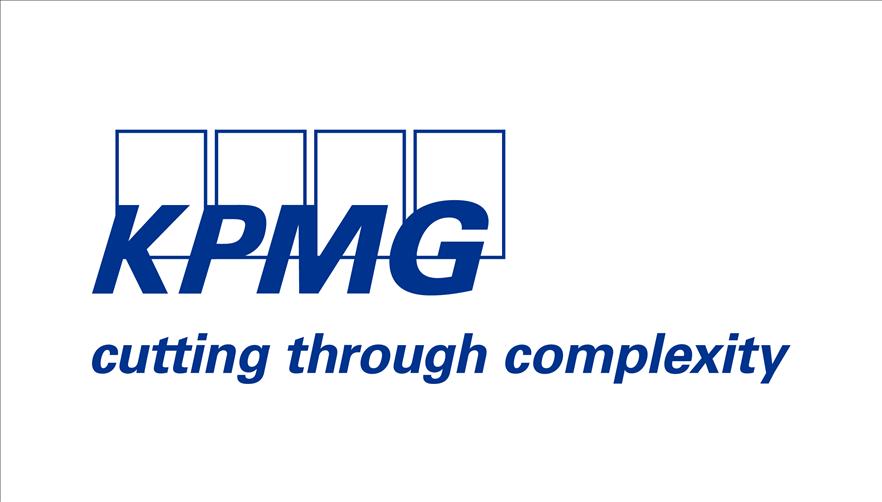 As organisations wrestle with the impact and interplay of downsizing, increasing complexity and global mobility; project management (and related subjects of programme and portfolio management) are becoming increasingly important.
As organisations wrestle with the impact and interplay of downsizing, increasing complexity and global mobility; project management (and related subjects of programme and portfolio management) are becoming increasingly important.
Executives in high-performing organisations recognise the need to identify, prioritise, coordinate and manage the projects that will turn their strategies into reality.
In the current economic environment, value-for-money is a priority. While many businesses have cut back discretionary spend in recent times, there are others who can no longer hold off essential projects.
Controlled risks
Effective project management practices help control the added risks that project activity introduces to normal business practice.
Globally, there is a growing acknowledgement of the importance of reliable methodology. The UK Cabinet Office is continuing its reputation as a leading developer and strong marketer of best-practice project management methodologies. ‘PRINCE2’ (Projects in Controlled Environments) is mandated by the UK and Australian Federal Governments for their respective public sector projects.
Despite the British Government’s much-lauded record in project management methodology, it does not always translate to results.
The Major Projects Authority recently reported, “Whitehall still has a long way to go to improve its handling of major projects.”
Concerns remain around multi-billion pound projects like the HS2 Rail Link and the Universal Credit Welfare Reform.
Project definitions
P3M3 (Portfolio, Programme and Project Management Maturity Model) has been widely embraced in Australia, as the Federal Government recognises the significant cost impacts of not having sufficient levels of maturity.
Despite growing recognition of this model in New Zealand, progress has been slow.
Worldwide, Project Management Office (PMO) is on the rise. It is increasingly recognised that high-performing PMOs are not only impacting positively on project management performance, but are also boosting organisational performance as a whole.
A Project is a temporary group activity designed to produce a unique product, service or result. A programme is a number of projects and activities that are planned and managed together, to achieve an overall set of related objectives and other outcomes. A portfolio is the totality of an organisation’s investment in the changes required to achieve its strategic objectives.
Maturity model
Maturity is a measure of the reliability, efficiency and effectiveness of a process, function, organisation etc. The most mature processes and functions are formally aligned to business objectives and strategy, and are supported by a framework for continual improvement.
Since the inaugural KPMG New Zealand Project Management Survey in 2010, we have seen some encouraging signs. Following the earlier emphasis on cutting costs and discretionary spending as a result of the global financial crisis, we are now seeing an increase in the number of projects being commissioned.
We also perceive the resurgence of projects focused on accomplishing strategic objectives, rather than cost-cutting.
Poor results
However, the message is not all rosy.
Our 2012 Survey results showed that organisations were not doing better in capturing the business value of their projects than they were in 2010. The results also identified lower than average success rates in the government and financial services sectors.
The Novopay project displayed the consequences of such a failure.
PMO success
The Survey also reported a decline in the number of businesses using a PMO. This was interesting because our previous Survey demonstrated that organisations running a PMO showed better success rates.
Global research and experience indicate the strong correlation between high-performing PMOs and successful projects.
On a positive note, we are hearing about more executive-level conversations regarding prioritisation of investment, and about systematic ways to achieve forecast benefits from investment. Although outcomes are yet to be seen, organisations are beginning systematically to adopt processes to quantify project benefits, and then implement ways to consistently deliver them.
Chandan Ohri is Partner (Advisory) of KPMG New Zealand, which is the Sponsor of the ‘Business Excellence in ICT’ Category of the Indian Newslink Indian Business Awards 2013. The Awards Ceremony will be held on Monday, November 18, 2013 at Sky City Convention Centre, Auckland. Details regarding tickets to the event can be obtained on (09) 5336377 or 021-836528. Email: editor@indiannewslink.co.nz






